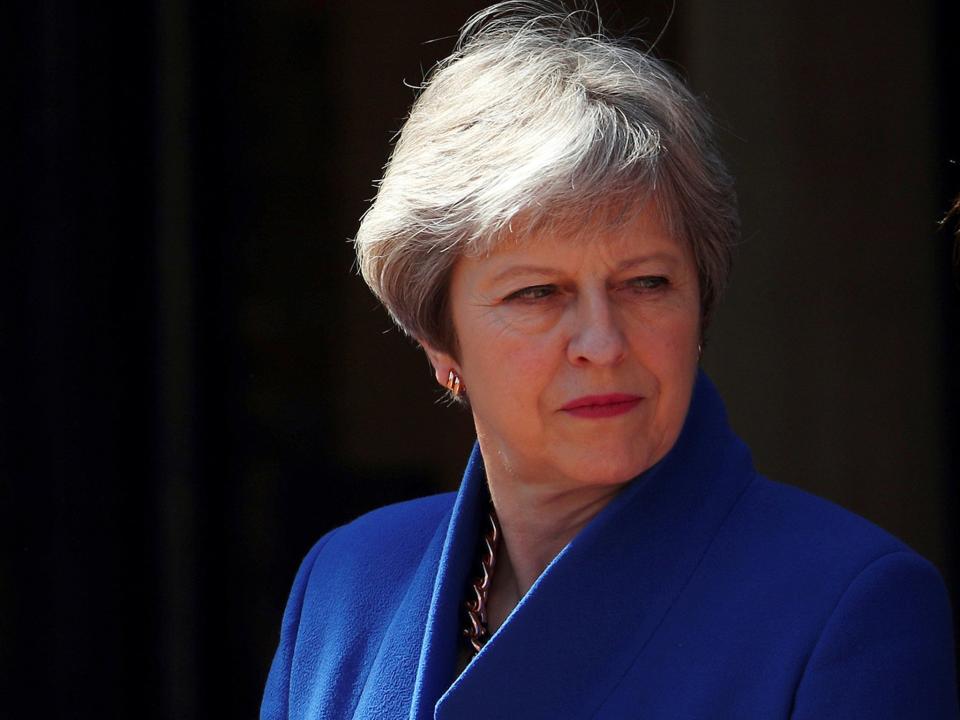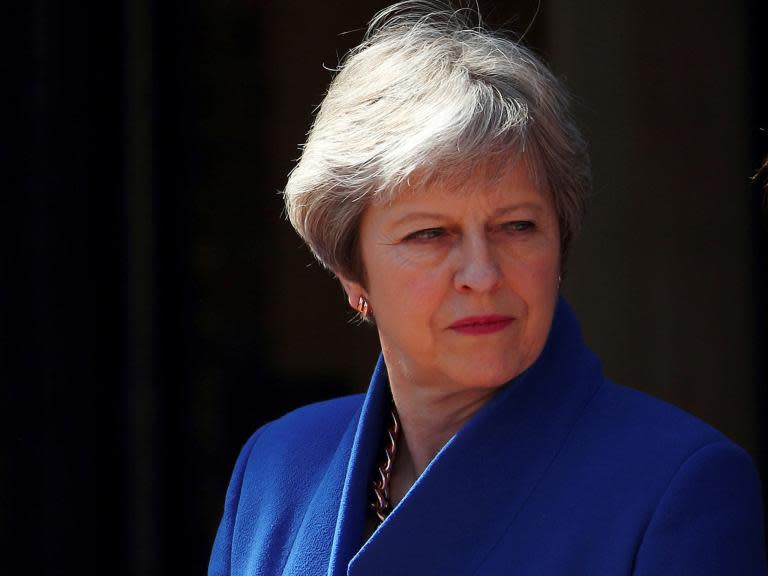Theresa may suffers sixth defeat in a week in House of Lords
Theresa May has suffered a sixth defeat in a week in the House of Lords, as her ministers try to pass her key piece of Brexit legislation.
Peers proposed and voted for an amendment to impose stricter controls on new so-called “Henry VIII powers” for ministers to pass laws without full parliamentary consent after EU withdrawal.
One senior member of the upper chamber claimed the bar being proposed for ministers to be able to wield their new powers was so low that it would “challenge even the most lithe and determined limbo dancer”.
Ministers have already failed to kill off attempts by the Lords to change Ms May’s plans on an EU customs union and to ditch the Charter of Fundamental Rights.
The series of setbacks leaves the government either being forced to change its approach to Brexit as set out in the EU withdrawal bill, or overturn the decisions later in the House of Commons.
Spearheading the push for the latest change to the bill was former Commons clerk Lord Lisvane who said it contained "heavyweight" powers for ministers to make regulations themselves.
After a vote which saw 349 back the change, compared to 221 who voted with the government, a majority 128, Lord Lisvane said the bill unchanged would grant too much power to the executive wing of government.
He said that instead of ministers being able to introduce new laws after Brexit where “appropriate”, the bar should be set higher at where it was “necessary”.
The peer went on: “I accept 'necessary' is a high bar, but 'appropriate' is a bar so low that it would challenge even the most lithe and determined limbo dancer.”
He added: “Whichever side of the Brexit argument they stand, people might reasonably believe that 'taking back control' would be under the sovereignty of parliament rather than ceding swathes of power to the Executive."
Another Tory peer who backed the amendment, said the powers of ministers should be “contained in a sensible and democratic manner by parliament”.
Labour former attorney general Lord Goldsmith said: "If this House has a responsibility it is, I would respectfully suggest, to ensure that we do not give the executive more power than is necessary in order to achieve their objectives - this amendment would achieve that."
But Tory former minister Lord Bridges of Headley said the key question was whether the government was acting in a reasonable way to ensure it had the powers necessary to deliver a "smooth and orderly Brexit".
Meanwhile, Brexit minister Lord Callanan warned that the amendment could lead to worse policy outcomes.

 Yahoo News
Yahoo News 

